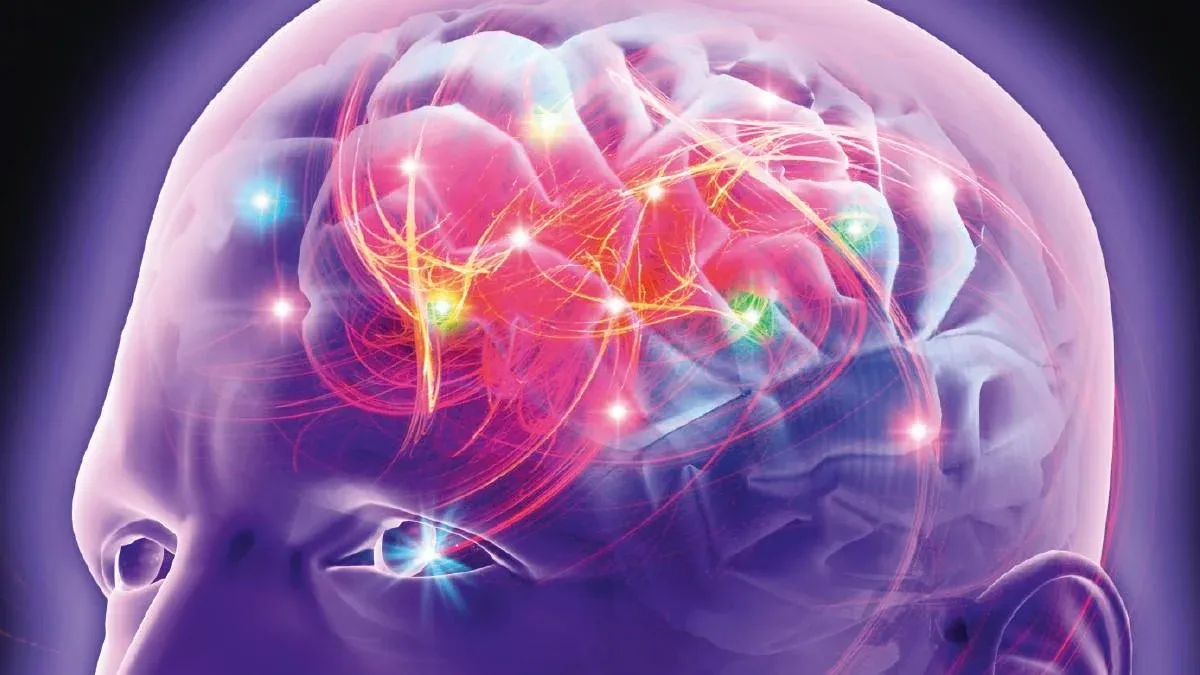What Type of Headache Are You Suffering?

Headaches are common, and most people will experience them at least once in their lifetime. Luckily, most of them aren't anything to worry about, and learning what triggers your headache can help you treat it at home. However, if your headache is more severe or chronic than usual, you should see a doctor.
Migraine
In the United States, about 38 million people suffer from migraines each year. These migraines usually feel like pulsing pain in one side of the head and can lead to nausea and vomiting. They can also be accompanied by sensitivity to light and sound. There are several types of migraines, and a doctor can help you find the proper treatment for your migraine.
This condition is most common in women. About 18.6% of women suffer from it, while only 6.5% of men do. The pain that migraine causes is often debilitating and can affect everyday life. Fortunately, the symptoms of migraine can be effectively treated with medication. Several different drugs can help treat migraine.
Tension headache
Patients suffering from a TTH usually complain of a dull and pressure-like headache. It is often compared to a tight band around the head or a heavy burden on the head. In most cases, the intensity of the headache is not influenced by physical activity, which is one of the criteria used to differentiate TTH from migraine. The pain is usually bilateral in 90 per cent of cases and may be either posterior or interior.
A chronic tension headache may occur up to fifteen times a month and last several hours. It can also be accompanied by nausea. The cause may be a misaligned neck or spine or the result of an underlying disorder. Although tension headaches are usually not life-threatening and seldom cause permanent damage, they can impact daily life. They can interfere with one's ability to focus and work.
Rebound headache
The overuse of certain pain medications causes rebound headaches. A lot of people who are prone to headaches often take excessive amounts of analgesics. However, these medications have side effects and can worsen a person's headache. To avoid this condition, it is recommended to reduce the dose of these medications to a minimum.
Rebound headaches are primarily experienced by people in their 30s and 50s who have underlying headache disorders. It is also more likely to affect individuals with a family history of substance abuse or a personality disorder. There are several different types of drugs that can cause rebound headaches, including over-the-counter pain relievers and prescription-only medications.
Status migrainosus
Status headache can be a complication of migraine, although, in many patients, the condition is not present. An attack of status may last as long as 72 hours and cause severe pain and other symptoms. It is similar to pure menstrual migraine but has some distinguishing features.
Various medications are used to treat status migrainosus. These medications are corticosteroids, such as dexamethasone (Dexpak) and prednisolone (Prednisolone). Others include antidepressants, blood pressure medicines, and seizure medicines. A new class of medicines called CGRP inhibitors may also be used for status migrainosus.




